1. Solar Panel Maintenance and Replacement
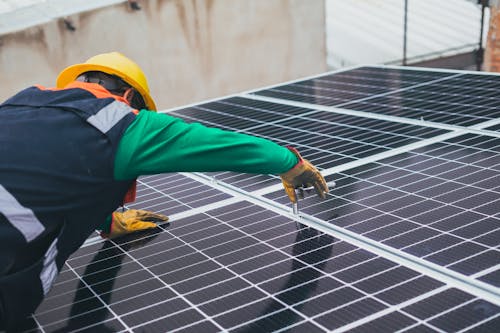
When most people think of going off-grid, they imagine installing solar panels and never paying an electric bill again. What they don’t always consider is that solar panels aren’t set-and-forget. Over time, they can lose efficiency, need cleaning, or even require replacement of inverters and batteries. That can add up to thousands of dollars over the years.
Regular maintenance isn’t just about money—it’s about time and effort too. Climbing on your roof to clean panels or troubleshooting a failing inverter can take hours. You might also need specialized tools or professional help, which isn’t always nearby in rural areas. It’s easy to underestimate how often you’ll need to check on your system.
2. Water Filtration and Storage
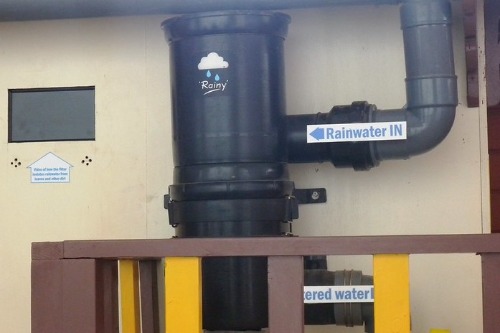
Off-grid living often means relying on well water, rainwater, or streams, but clean water isn’t automatic. Filtration systems, pumps, and storage tanks all require initial investment and ongoing maintenance. Pipes can freeze or leak, filters need replacement, and tanks may need regular cleaning. A failing system can leave you without safe drinking water for days.
You also have to consider water quality testing. Even natural sources can carry bacteria or heavy metals that aren’t visible to the eye. Testing kits and lab checks cost money, and correcting issues can involve expensive treatments. So what seems like free water can actually be a recurring expense.
3. Heating Costs for Harsh Winters
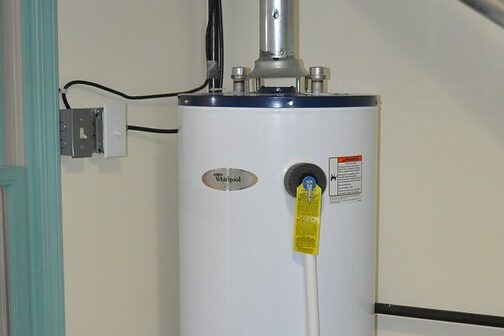
Living off-grid in colder climates means heating your home yourself. Wood stoves, propane, or off-grid electric systems all require upfront purchases and regular upkeep. Chopping wood, refilling propane tanks, or maintaining heating equipment takes both effort and money. Winter energy demands can surprise even experienced off-gridders.
You’ll also need to factor in insulation and sealing to keep heat in. Poor insulation can make a small space nearly uninhabitable in freezing weather. That might mean spending extra on materials, professional help, or more fuel than planned. Ignoring these costs can turn a cozy cabin into a cold, uncomfortable one.
4. Propane and Gasoline Expenses
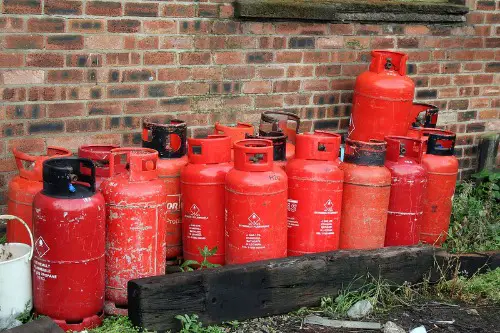
Even if your electricity comes from solar or wind, you’ll probably rely on propane or gasoline for cooking, heating, and transportation. Fuel costs can fluctuate drastically, especially in rural areas where delivery might be limited. A few trips to refill tanks or to bring in fuel can quickly add hundreds of dollars per year. It’s easy to forget how integral these fuels are to everyday living.
Storage is another hidden headache. Propane tanks need safe placement and regular inspections, while gasoline can’t sit unused for long without stabilizers. Mismanagement can lead to leaks, contamination, or even fire hazards. Off-grid living makes you intimately aware that fuel isn’t just money—it’s safety.
5. Internet and Connectivity Challenges
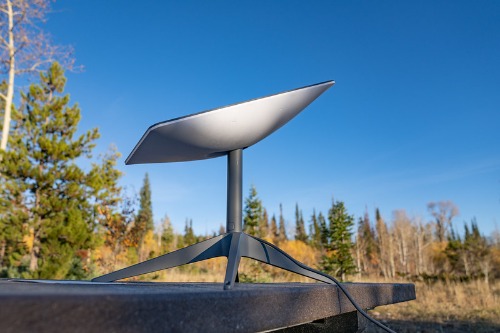
Many people assume going off-grid means completely unplugging, but most still need internet for work or communication. Satellite internet or mobile hotspots are often the only options, and they can be expensive. Speeds are slow, latency is high, and equipment requires installation and occasional replacement. It’s a far cry from the fiber connections you’re used to in the city.
Even maintaining these systems takes effort. Towers, antennas, or signal boosters may need adjustments when storms or trees interfere. Data overages or technical support calls can cost extra. So staying connected off-grid isn’t free or effortless—it’s another ongoing expense.
6. Waste Management and Septic Systems
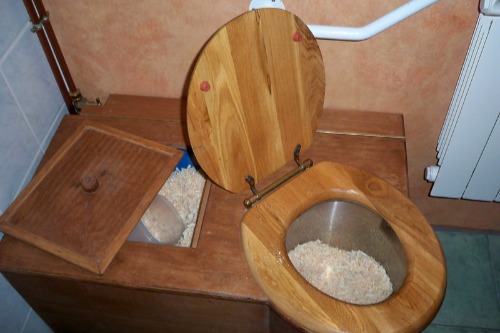
Sewage isn’t just a problem that disappears when you live off-grid. Most off-grid homes require a septic system, composting toilet, or other waste management solution. Septic systems need periodic pumping and inspection, which can cost hundreds per service. Neglecting maintenance can lead to backups, contamination, or expensive repairs.
Composting toilets, while convenient, still need special care. Additives, carbon material, or routine cleaning are required to prevent odor and maintain functionality. Improper management can quickly create hygiene and health issues. Waste is one of those realities nobody romanticizes about off-grid living.
7. Transportation and Vehicle Wear
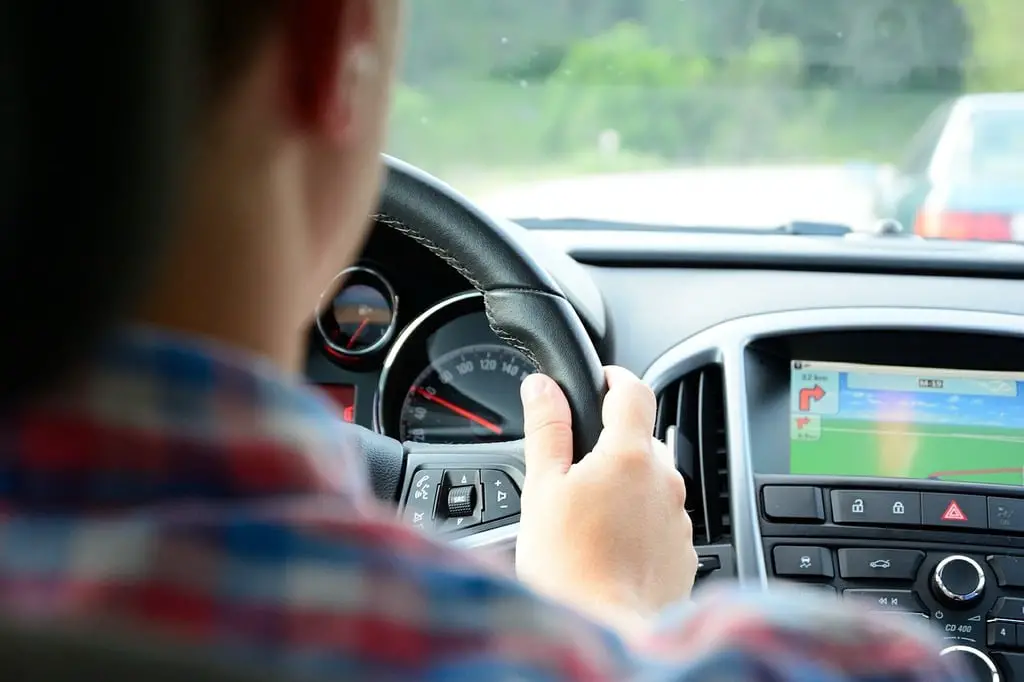
If you live off-grid, chances are you’re not near stores or services. That means longer drives, sometimes on rough or unpaved roads, which take a toll on vehicles. Off-road wear and tear, tire replacement, and higher fuel usage can all inflate costs. Even an otherwise reliable car can feel like a money pit in rural conditions.
Snow, mud, and gravel roads also increase the risk of accidents or getting stuck. Emergency towing or repairs can be expensive and delayed. You’ll need to budget for both routine maintenance and unexpected events. Living off-grid often comes with a new appreciation for mechanics and spare parts.
8. Medical Emergencies and Travel Costs

Living far from hospitals or urgent care centers is a hidden risk many overlook. Simple illnesses or injuries require travel, sometimes hundreds of miles, to get professional care. Ambulance services, gas, and accommodations can be surprisingly expensive. Even routine medical visits take planning and time.
You might also consider stocking first aid supplies and learning basic medical skills. Those kits need replenishing, and knowledge requires training or courses. Over time, these hidden health costs add up. Being off-grid isn’t just physically isolating—it has financial implications for your health too.
9. Home Repairs and Construction Materials
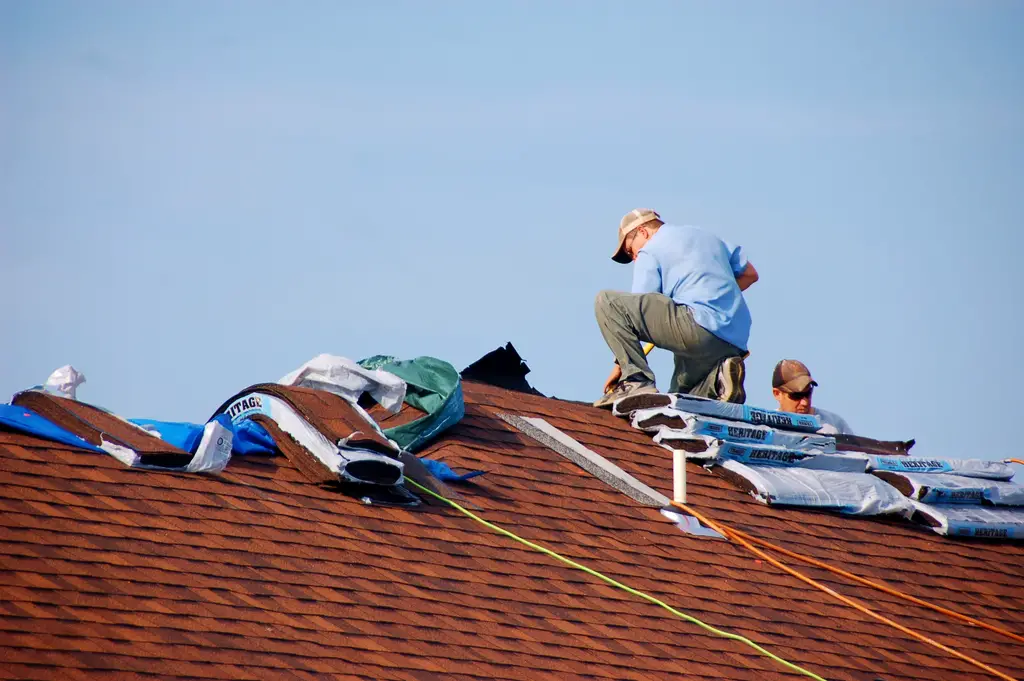
Off-grid homes are often self-built or in remote locations, which makes maintenance trickier. A roof leak, broken window, or structural issue isn’t as simple as calling a contractor. Materials may need to be shipped, and labor can be scarce. This increases both time and costs for basic upkeep.
Even minor repairs require tools, skills, and spare materials on hand. Without them, small issues can escalate into major, expensive problems. Planning for this “just in case” factor is essential. Many off-grid residents end up spending more than expected on what seems like minor fixes.
10. Permits and Legal Requirements
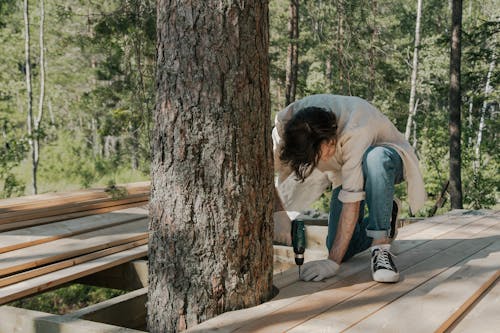
Even remote living isn’t free from bureaucracy. Building permits, septic approvals, or zoning laws can apply to off-grid homes. Paying for permits, inspections, or legal advice is rarely factored into the initial budget. Breaking rules can result in fines or forced changes to your property.
Some areas have strict fire codes, water rights, or environmental restrictions. Failing to follow them can shut down a project or require costly adjustments. Understanding local laws is crucial before going off-grid. It’s a hidden cost that can catch newcomers completely off guard.
11. Food Storage and Preservation
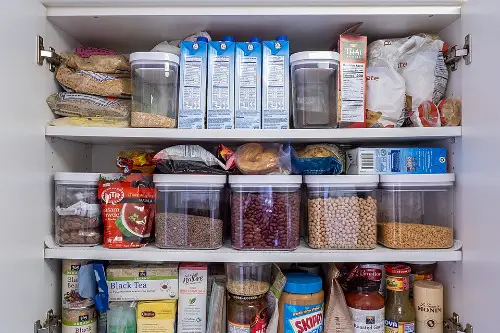
Without nearby grocery stores, you’ll need to stock up or preserve your own food. That means investing in freezers, dehydrators, canning supplies, and storage containers. Energy costs to run preservation equipment, plus occasional spoilage, are all part of the equation. It’s not as simple as grabbing fresh produce whenever you want.
Planning meals and storage requires constant attention. Overbuying can lead to waste, while understocking means more trips into town. It’s a logistical and financial puzzle that takes practice. Many off-gridders underestimate how much effort and money this really requires.
12. Unexpected Equipment Failures
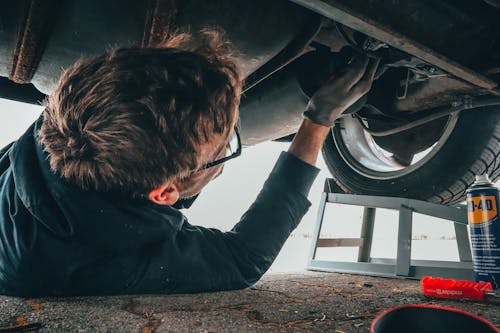
From generators to water pumps to solar inverters, off-grid life relies on machinery. When these fail, you can’t just call the utility company to fix it. Emergency replacements or repairs are often expensive and sometimes require specialized knowledge. Even with preventative maintenance, equipment has a finite lifespan.
The ripple effect of a single failure can be significant. Without a working pump, water stops flowing; without a generator, backup power disappears. Planning for contingencies adds another layer of cost and complexity. Off-grid life is wonderfully independent—but it comes with surprises that hit your wallet hard.
This post 12 Hidden Costs of Living Off-Grid That Nobody Talks About was first published on Greenhouse Black.
